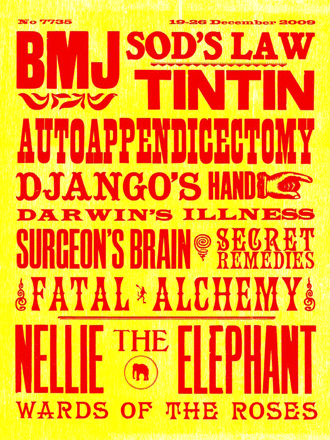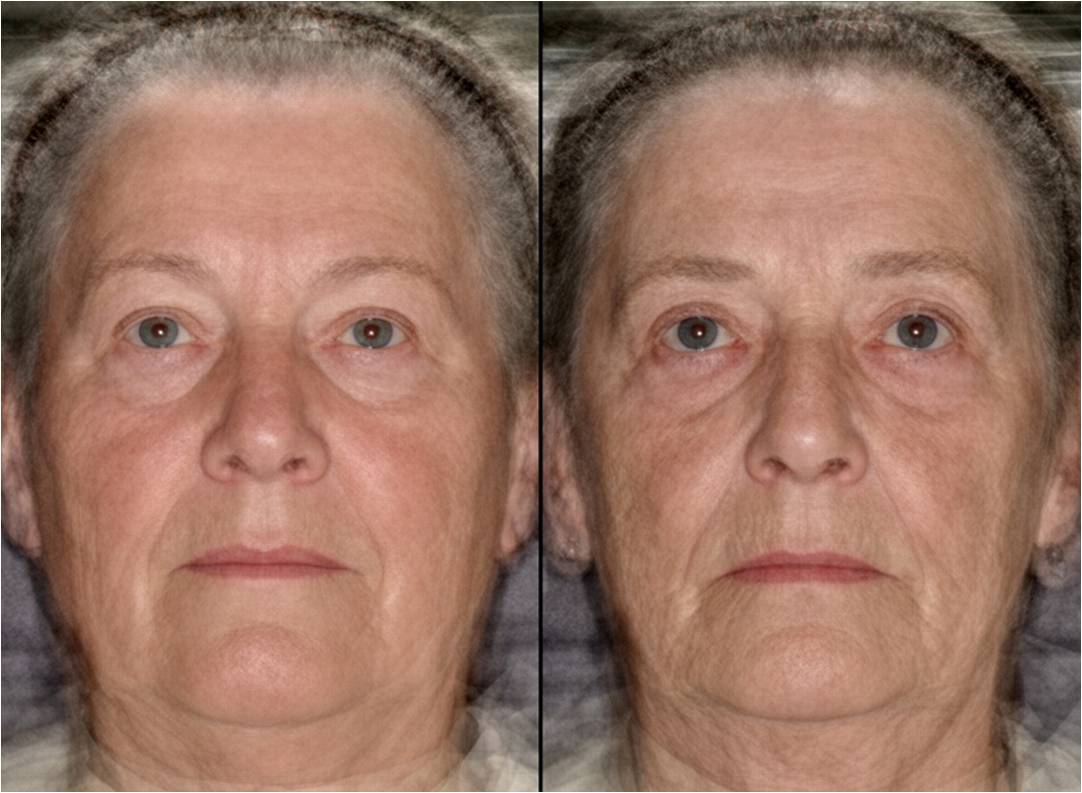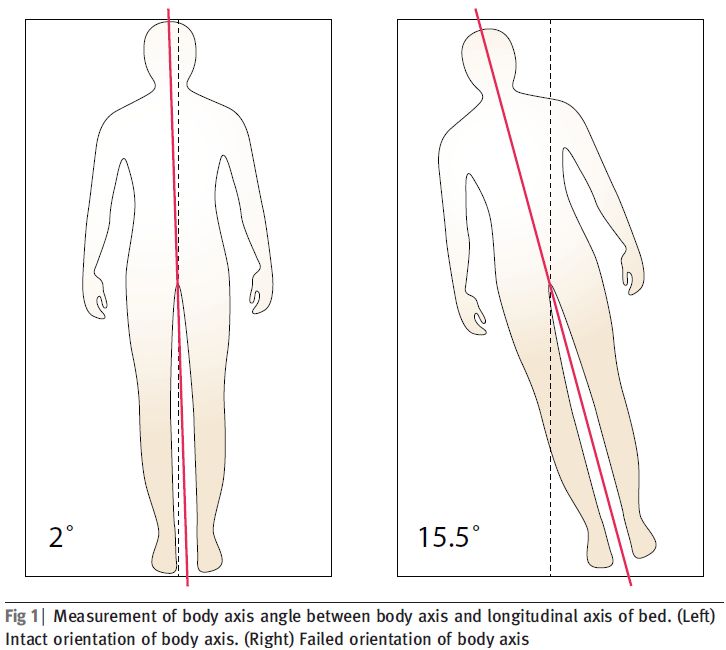

Don’t know what to get your favorite geriatrician for the holidays? Out of ideas as you bought your geriatrician a snuggy last year and this year amazon.com is telling you that the healthcare reform package you ordered is unlikely to be delivered in time for Christmas? Well, good news! The BMJ Christmas edition is here and it is chock-full of articles that you and your Geriatrician will be sure to enjoy. Here are two samples:
- Perceived age as clinically useful biomarker of ageing. Your geriatrician is probably tired of looking up prognostic indexes to aid in complex decision making around age appropriate cancer screening. It turns out that there may be an easier way. A group from the University of Southern Denmark report that someone’s perceived age, or “how old you think someone looks”, correlates with lifespan. The researchers photographed 1,826 Danish twins older than age 70. These photos were then shown to a panel of 20 geriatric nurses, 10 young male student teachers, and 11 older women, who evaluated the perceived age of each twin. Dannish Death records were subsequently used to track the survival of the twins over a seven year period. The results show that the member of each twin set who looked older was more likely to die first, even after adjusting for chronological age, sex, and other biomarkers of aging.

- Lying obliquely—a clinical sign of cognitive impairment. Geriatricians will jump for joy once they are taught the “oblique sign”. A group of neurologists from Germany decided to determine if patients who fail to “spontaneously orient the body along the longitudinal axis of a hospital bed when asked to lie down” are more likely to have cognitive impairment. They tested 110 inpatients aged 60 or more by asking them to lie down from a sitting position on the side of the examination bed. The researchers then took a photograph of the patient in bed to determine the “obliqueness” of the patient. The results show that an “angular deviation” of at least 7° predicted cognitive impairment according to the three different cognitive tests. Their conclusion – “suspect cognitive impairment in mobile older inpatients with neurological disorders who spontaneously position themselves obliquely when asked to lie on a bed.”

Oh, but there is so much more. Don’t miss the articles on the use of “Nellie the Elephant” as a learning aid during CPR (and why its use should be discontinued), Ageism and the Economist, and how Santa Claus is a public health pariah.



